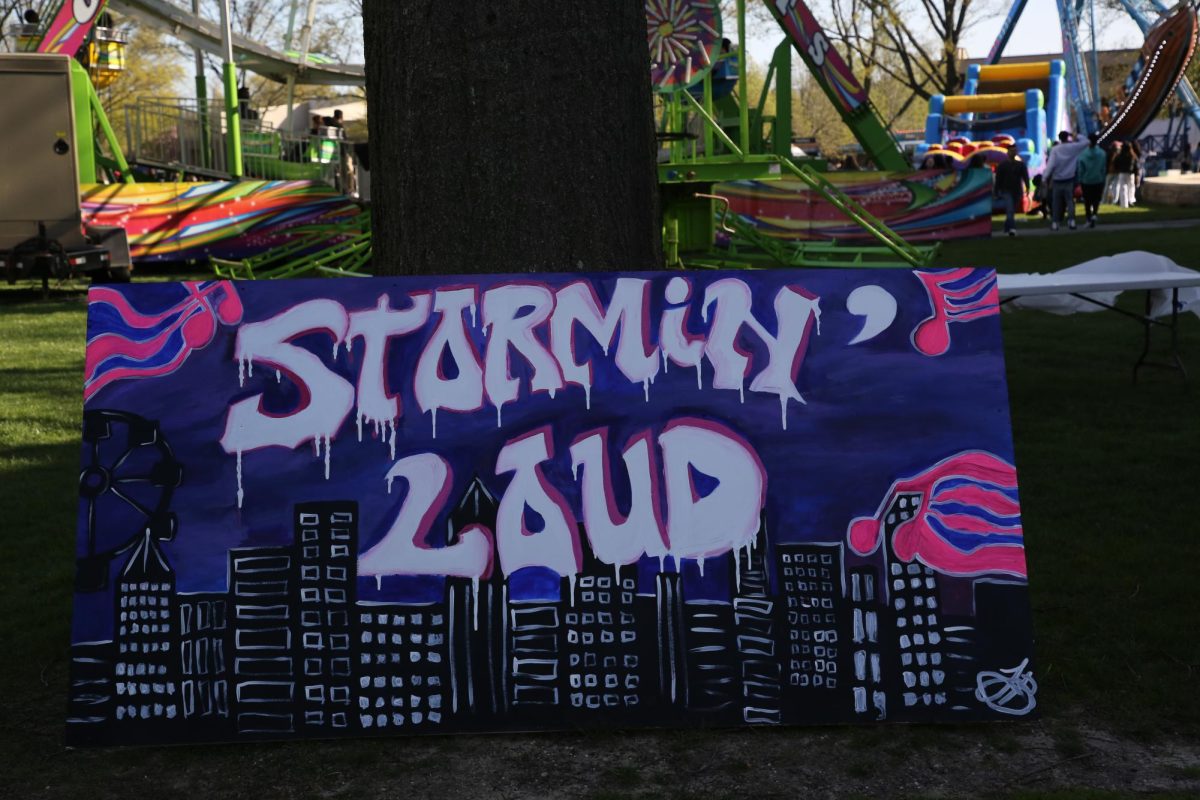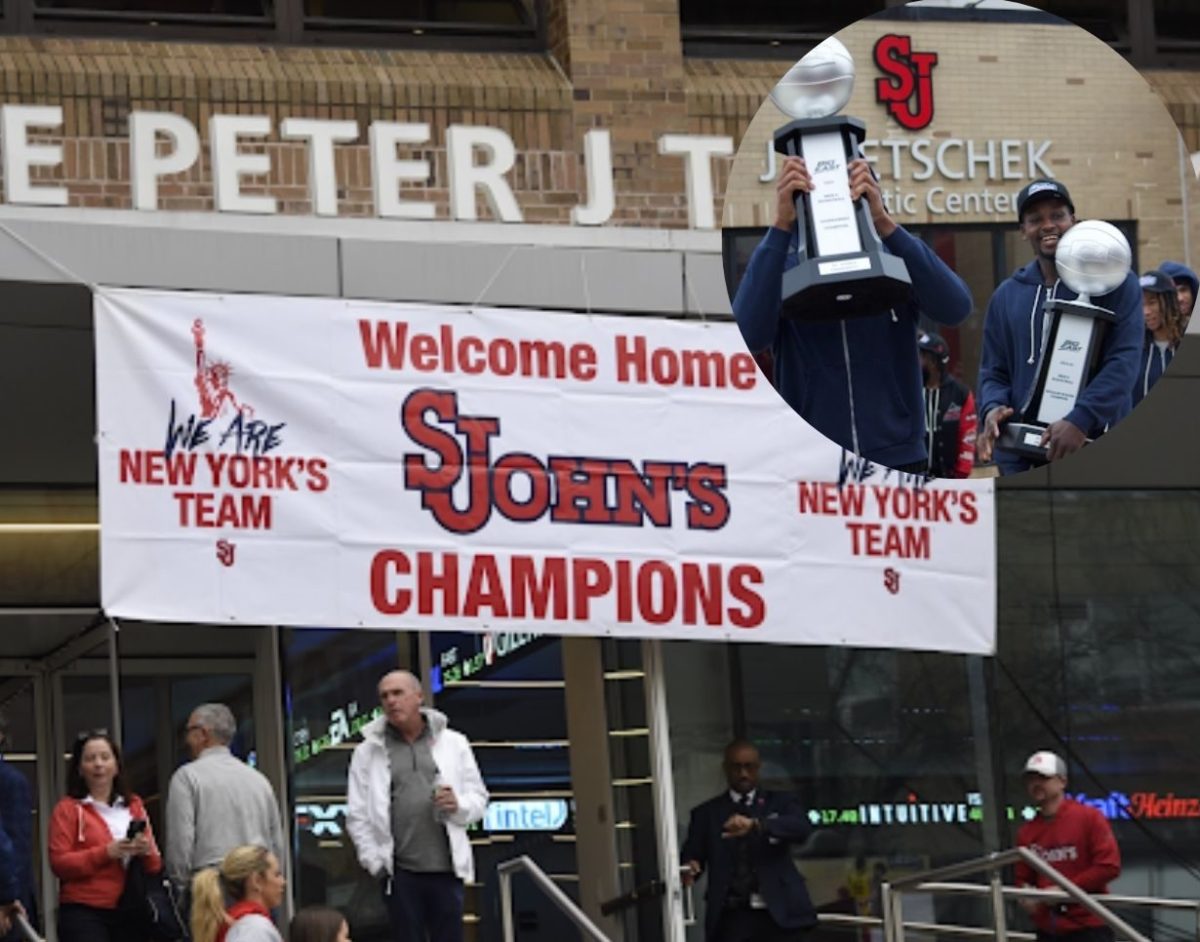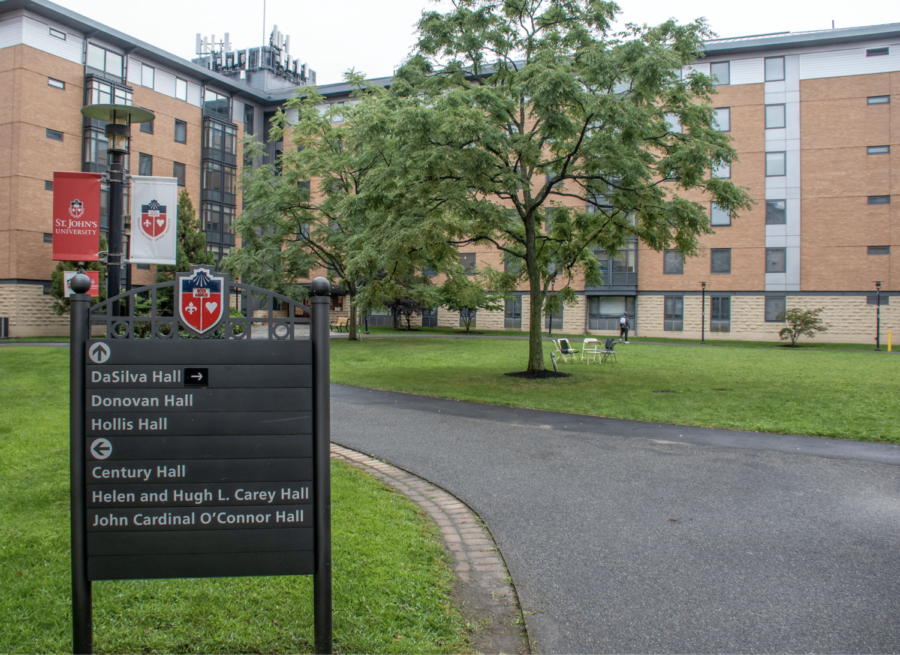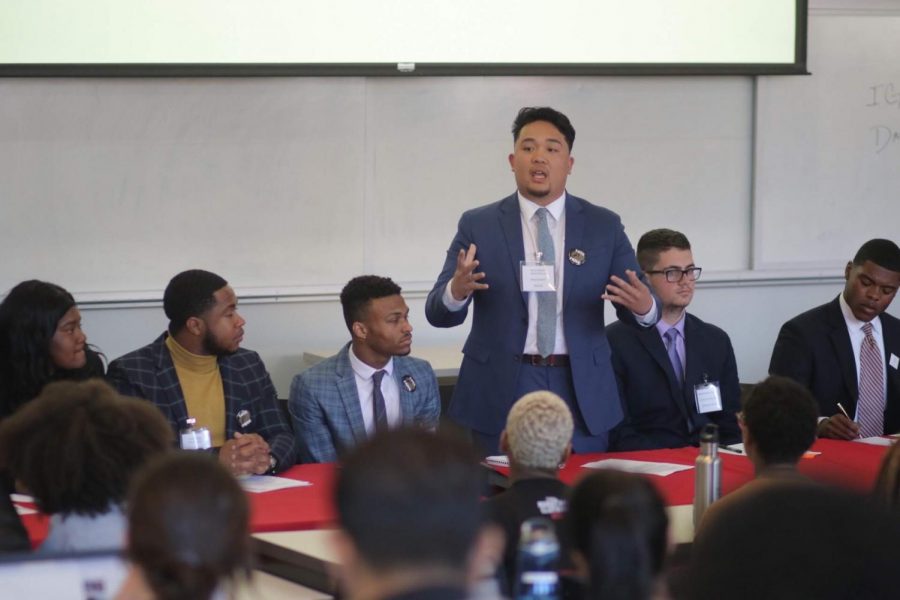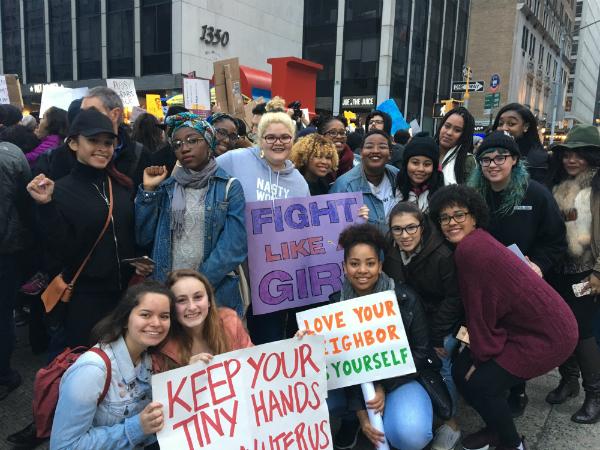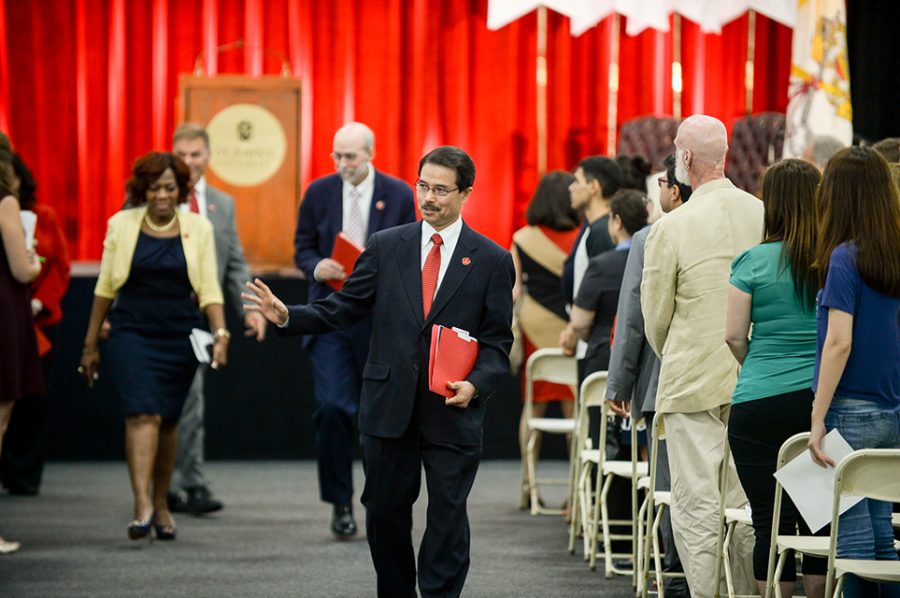In the attempt to contribute to diversity in the St. John’s community, the University opened the floor to a discussion of other religions to explore the common values between them. This occurred as Campus Ministry and the Office of Multicultural Affairs presented an Interfaith Dialogue on Oct. 18 in DAC 418.
Theological campus organizations introduced speakers on behalf of their religions to contribute to the dialogue. The event began with a moderator-guided panel on what values the religions share and how they could be a part of the conversation.
The panel consisted of those from Roman Catholic, Coptic Orthodox, Lutheran, Jewish, Muslim and Sikh faiths. Panelists came together to agree that there was a need for conversation between the religions.
Some audience members voiced their skepticism about the concept of these different religions trying to understand their similarities and differences together, but the speakers explained that there can be a sense of understanding between the religions despite their differences. According to the panelists, there was no need for agreement to open the channel of communication.
The conversation developed into a conversation on how religion should interact with politics. The idea was met with several student responses.
“I follow what the Catholic Church says about abortion, euthanasia and gay marriage and vote according to that,” Kailyn Gillick, a junior, from the Catholic Student Community said.
Junior Ryan Macdonald, treasurer of the Jewish Student Association, expressed a different view. “Politics creates divisions that I don’t want to welcome into my faith. I do think it is important to be united by faith and to be people of action. If there are good people in politics all else will fall into place,” he said.
An interfaith prayer service followed the panel. Representatives contributed to the service in the way that was central to their respective religions, incorporating their method of prayer and language associated with it.
Following the expression of each religion’s prayer service, those in attendance were offered the opportunity to communicate with their representatives and those of other faith communities over dinner to keep the conversation going.



